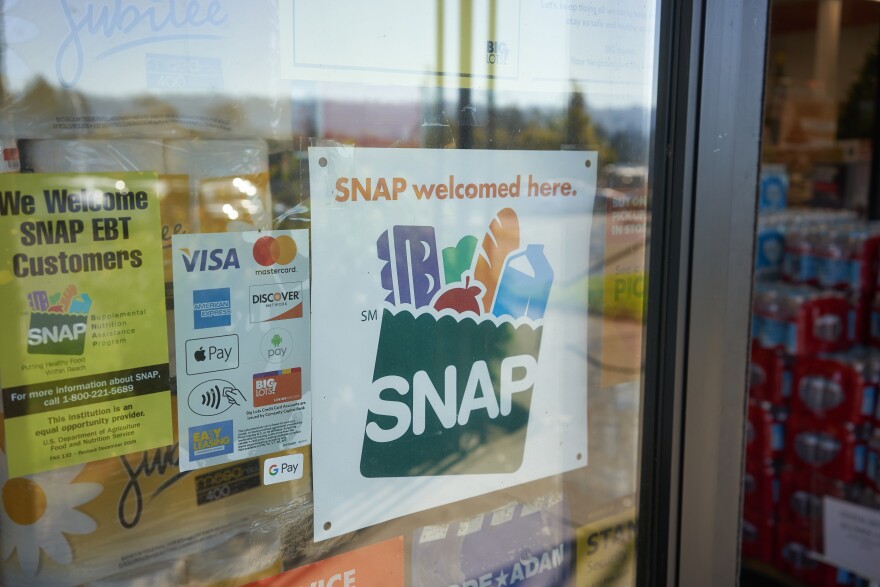Leaders from the North Carolina Department of Health and Human Services (NCDHHS) held a virtual educational briefing on Tuesday. The goal was to clarify how federal proposals in the House and Senate could impact recipients of Medicaid and the Supplemental Nutrition Assistance Program, or SNAP, in North Carolina.
Governor Josh Stein also spoke briefly during the event. He said that, if passed, the proposed funding changes would represent a devastating loss for the state, where more than one in four North Carolinians count on Medicaid coverage for their health care.
"Six hundred and seventy thousand of those folks just got coverage when we, as a state, successfully, on a bipartisan basis, expanded Medicaid," he says. "It brought people affordable healthcare, and it shored up rural hospitals that were struggling. Now, we’re at the risk of having all of those victories reversed by the Congress."
Stein added that the proposed cuts to SNAP are just as concerning. Currently, 1.4 million North Carolinians depend on SNAP to help put food on the table. The program serves a range of populations, including individuals with disabilities, children, older adults, and veterans, and about 80% of SNAP beneficiaries come from working households.
NCDHHS Policy Director Karen Wade says this unfunded mandate, coupled with the bills’ expanded work requirements, would likely result in more than 100,000 North Carolinians losing SNAP benefits.
"So, should this bill be signed into law, states would be essentially be left with three options on how to address the hundreds of millions of dollars being shifted to them," says Wade. "First is finding the funding to cover this amount that's being shifted to us, which in North Carolina, again, would be up to $700 million annually. Or two, reduce enrollment to lower costs. And then, finally, three, the most concerning, would be forced to withdraw from the SNAP program altogether."
Should that happen, Wade says, ripple effects would include an increase in hunger and poverty, worsening health outcomes, and a loss of $2.8 billion in annual federal funds that generate billions in economic impact.

